A heatwave is a long period of uncommonly hot weather, and these periods can be brutal, making even the simplest daily tasks uncomfortable and more difficult. Staying cool and hydrated is crucial, yet certain activities and habits can make life in a heatwave even worse—here are 17 things to avoid when temperatures are unusually high.
Strenuous Activity
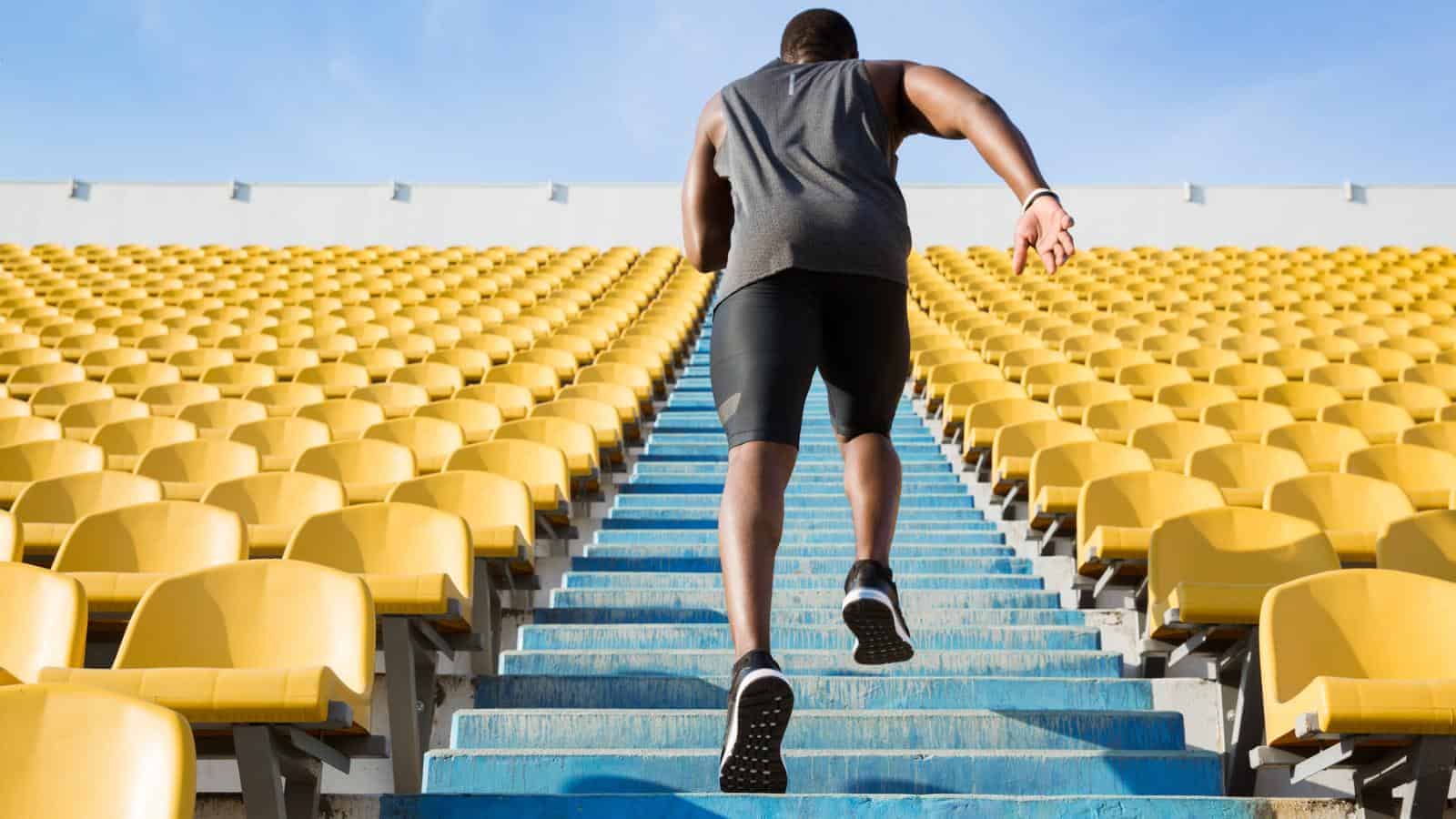
We all know exercise is good for us, but don’t assume you can stick to your usual exercise schedule during a heatwave. Avoid outdoor activities like running, hiking, or biking, or change the time of day you engage in them—early morning or late at night is best. If you must exercise outdoors during the heat of the day, choose activities like swimming or walking in the woods.
Leaving Children or Pets in Parked Cars
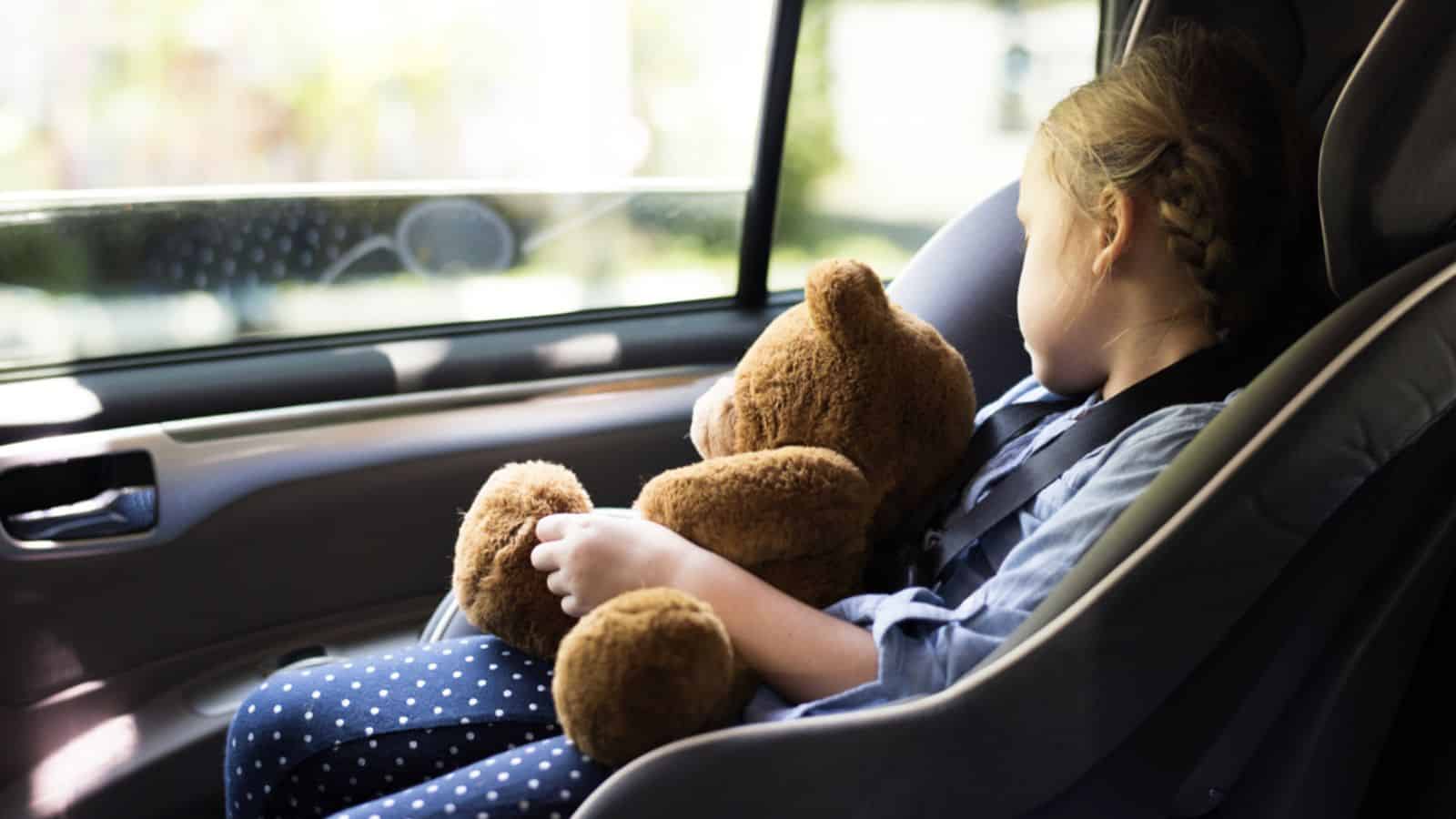
Consumer Reports writes, “About 37 children die each year from vehicular heatstroke,” and this is especially likely during heatwaves when the ambient temperature and amount of solar radiation are above normal levels. Even with windows cracked, the temperature in a car can rise quickly and cause heat stroke or death for anyone unable to escape, including infants and pets.
Forgetting Hydration

Even mild dehydration can lead to headaches, fatigue, and dizziness, and many people fail to adjust the amount of fluids they drink during especially hot spells. Remember that your body will need more water to keep you cool and that more is lost during sweating. Avoid salty or dry foods and ensure you constantly sip water, even when you don’t feel thirsty.
Skipping Sunscreen
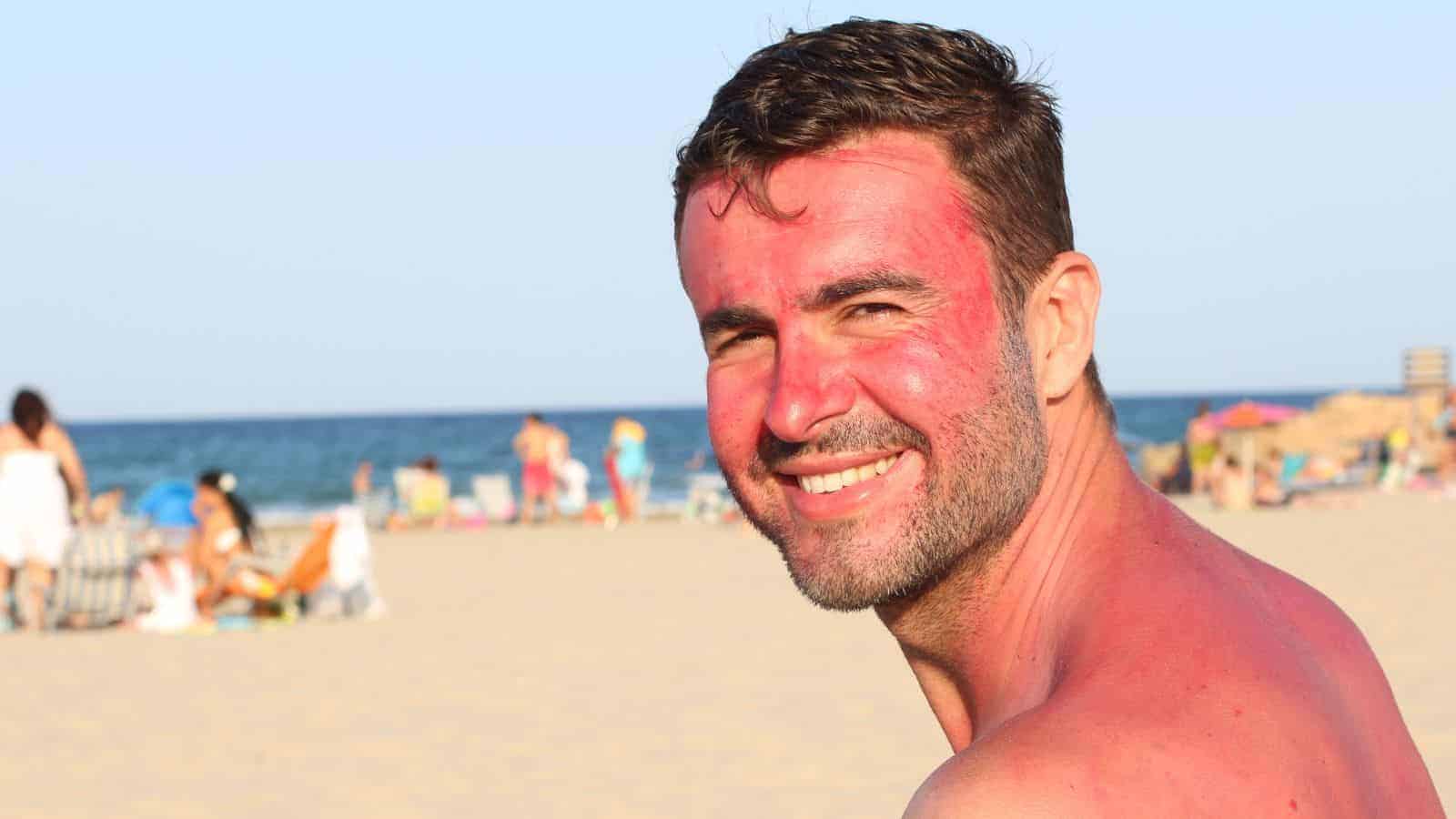
Sunburn is not only uncomfortable and unsightly, but it can worsen heat stroke symptoms and have long-term health effects like skin cancer. Always use sunscreen with SPF 30 or higher and apply it liberally and regularly, especially when sweating or swimming. Pay attention to easy-to-miss spots like your ears and hair parting, and avoid the midday sun entirely.
Drinking Too Many Sugary Drinks

Sugary drinks may seem like an ideal way to quench your thirst, but watch out for excessive sugar content or sports drinks that contain a lot of electrolytes. These added molecules can be challenging for your body to absorb effectively in hot weather, so you should only drink them in moderation. Drink as much cold water as you can, or opt for unsweetened iced tea or coconut water.
Cooking Hot Food

Salads, smoothies, fresh fruit, yogurt, and sandwiches are your friends during hot weather! They don’t introduce extra heat to your body and are also more comfortable to make because they don’t require the use of heat-generating appliances like ovens and stoves. If you must cook, use microwaves, barbecues, or toaster ovens and wait until the evening when it’s cooler.
Wearing Inappropriate Clothing
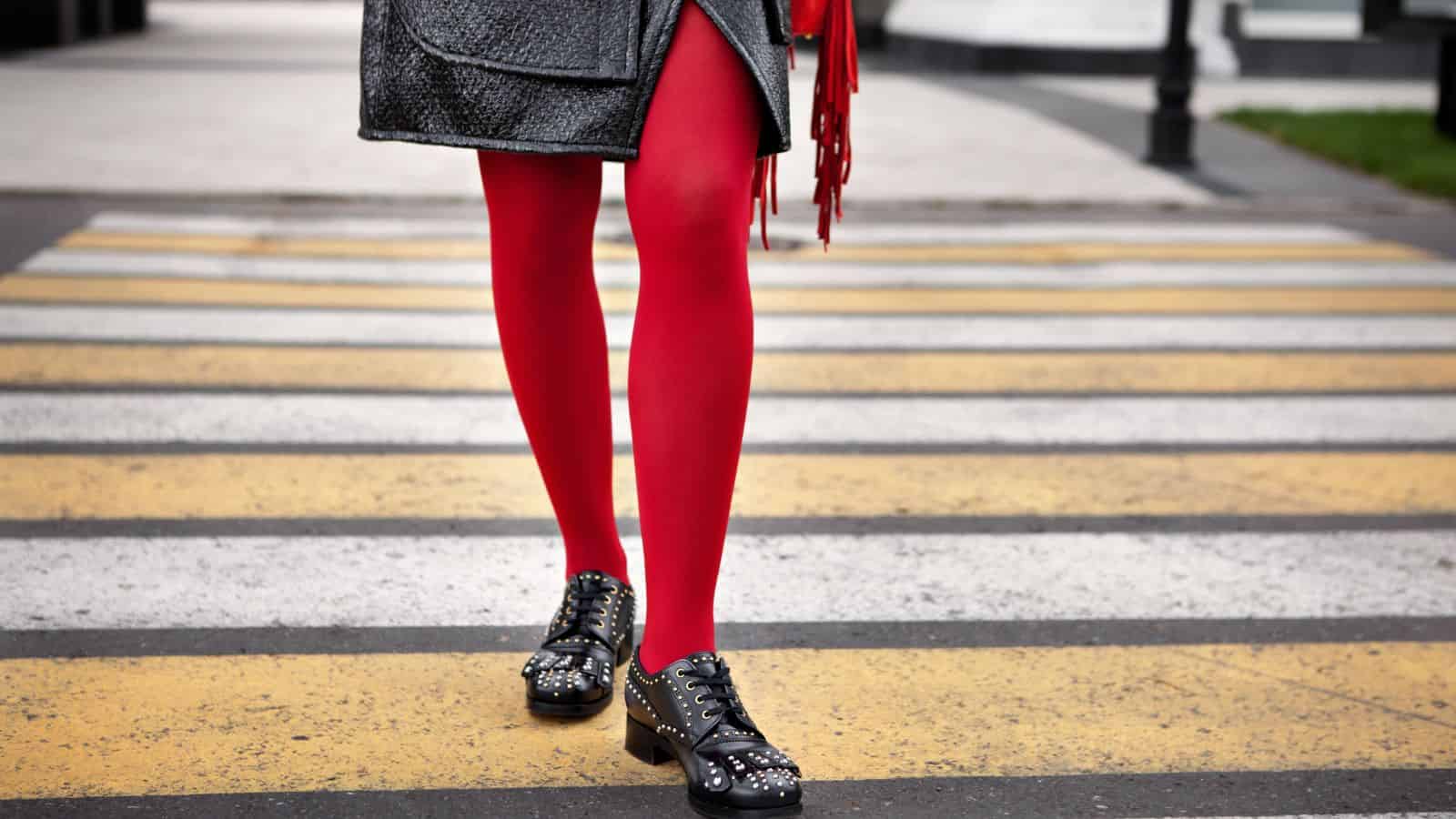
Avoid thick or tight-fitting clothing (like elasticated nylon or spandex) that traps heat close to your body and opt for light-colored garments that reflect sunlight instead of absorbing it. CNN recommends wearing loose-fitting, breathable clothing during a heatwave and states that natural fibers like cotton or linen allow for maximum air circulation, thus keeping you cooler.
Hot Showers or Baths
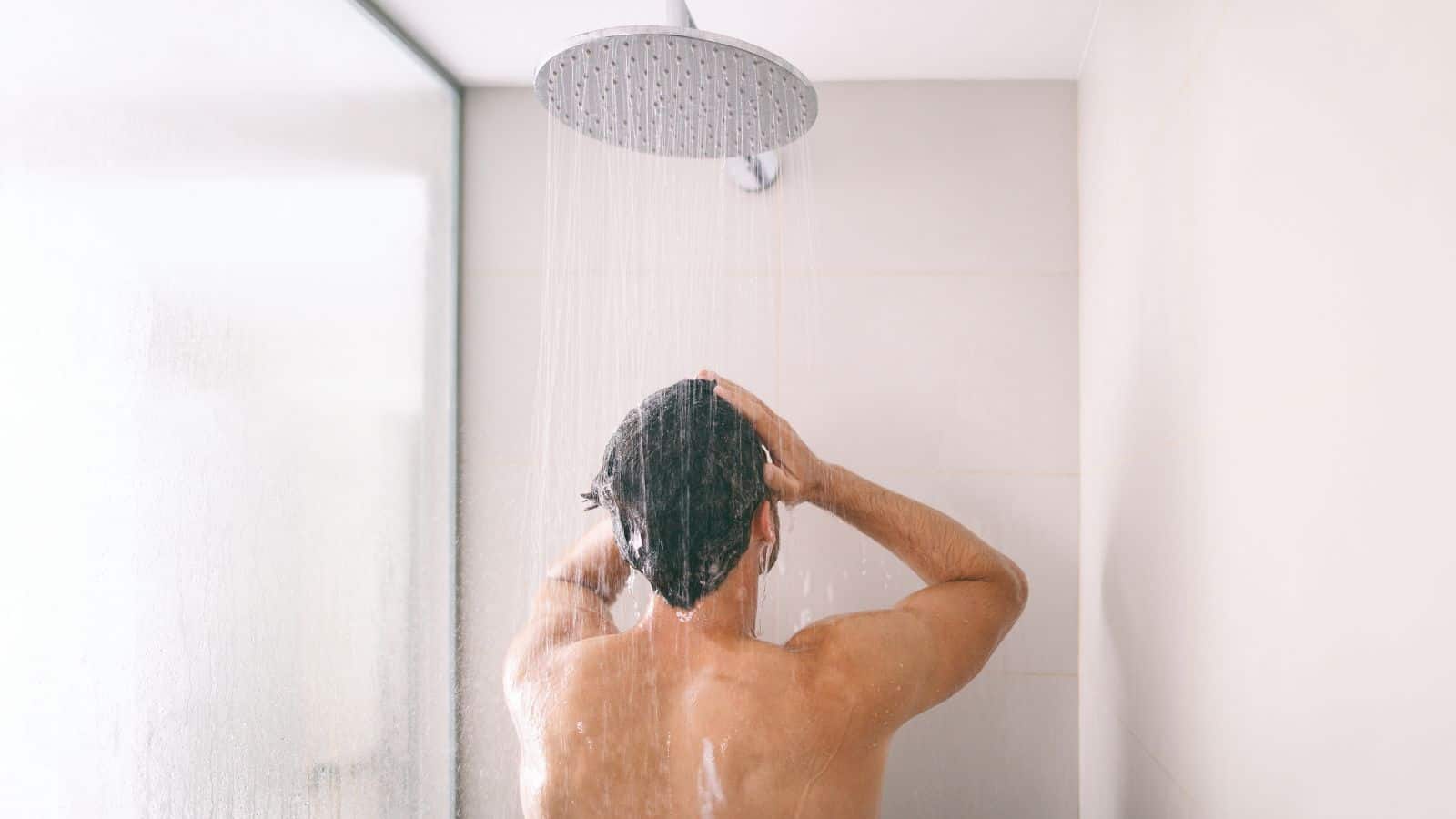
This might seem like a no-brainer, but avoid washing yourself with hot or even warm water. Although cool water may feel exceptionally cold on hot skin, it will help cool your blood and lower your body temperature rather than raising it even more. If you feel like cool water doesn’t get you as ‘clean,’ use plenty of soap to cleanse your body and remove sweat and dirt.
Leaving Curtains and Blinds Open
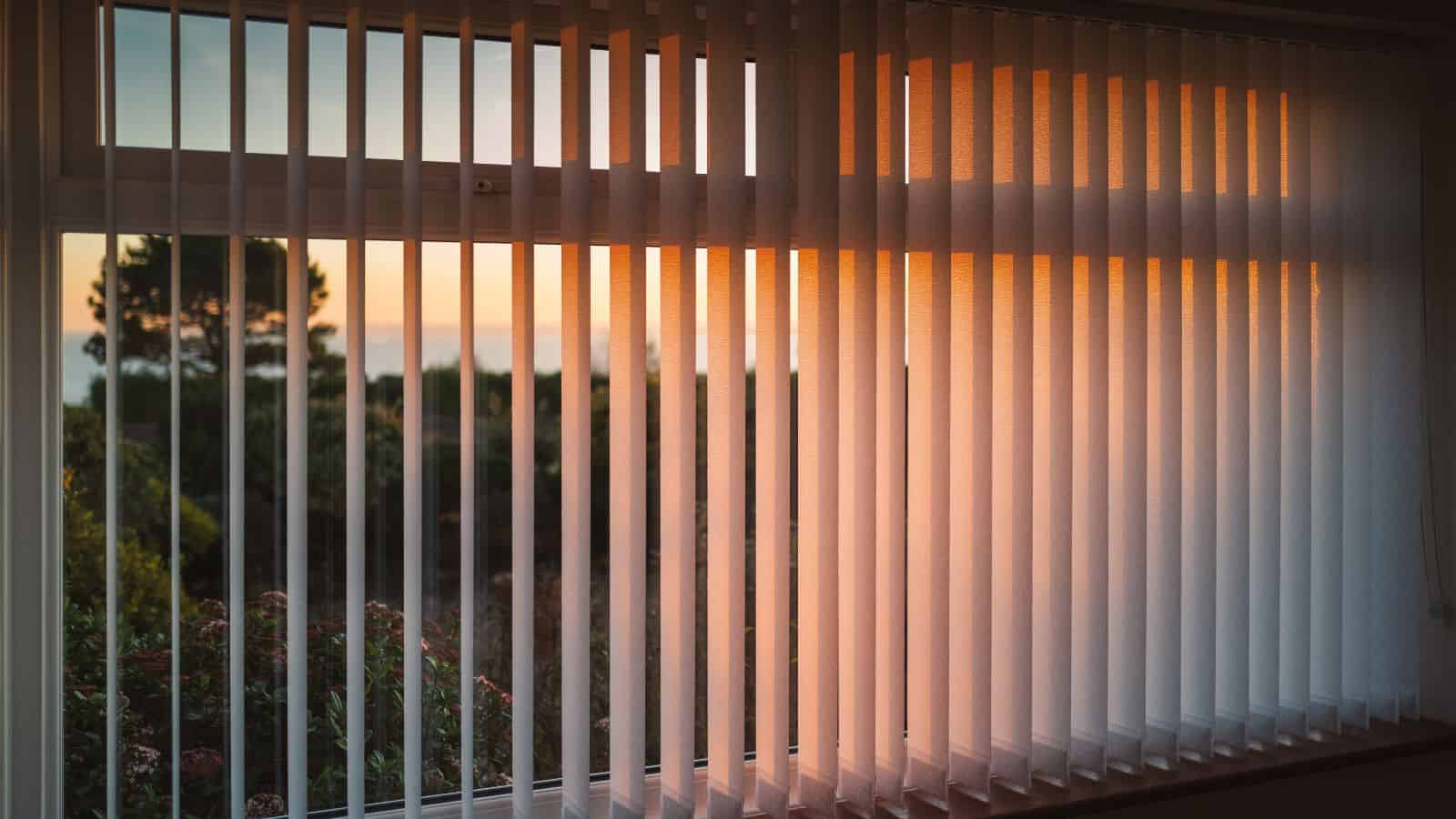
Sunlight streaming through windows significantly increases the temperature inside your home, much like in a greenhouse. To avoid making your interior environment hotter than it needs to be, close curtains and blinds on windows facing the sun, particularly during the hottest part of the day. If your area is prone to heatwaves, consider blackout blinds specifically designed to block heat.
Walking Your Dog
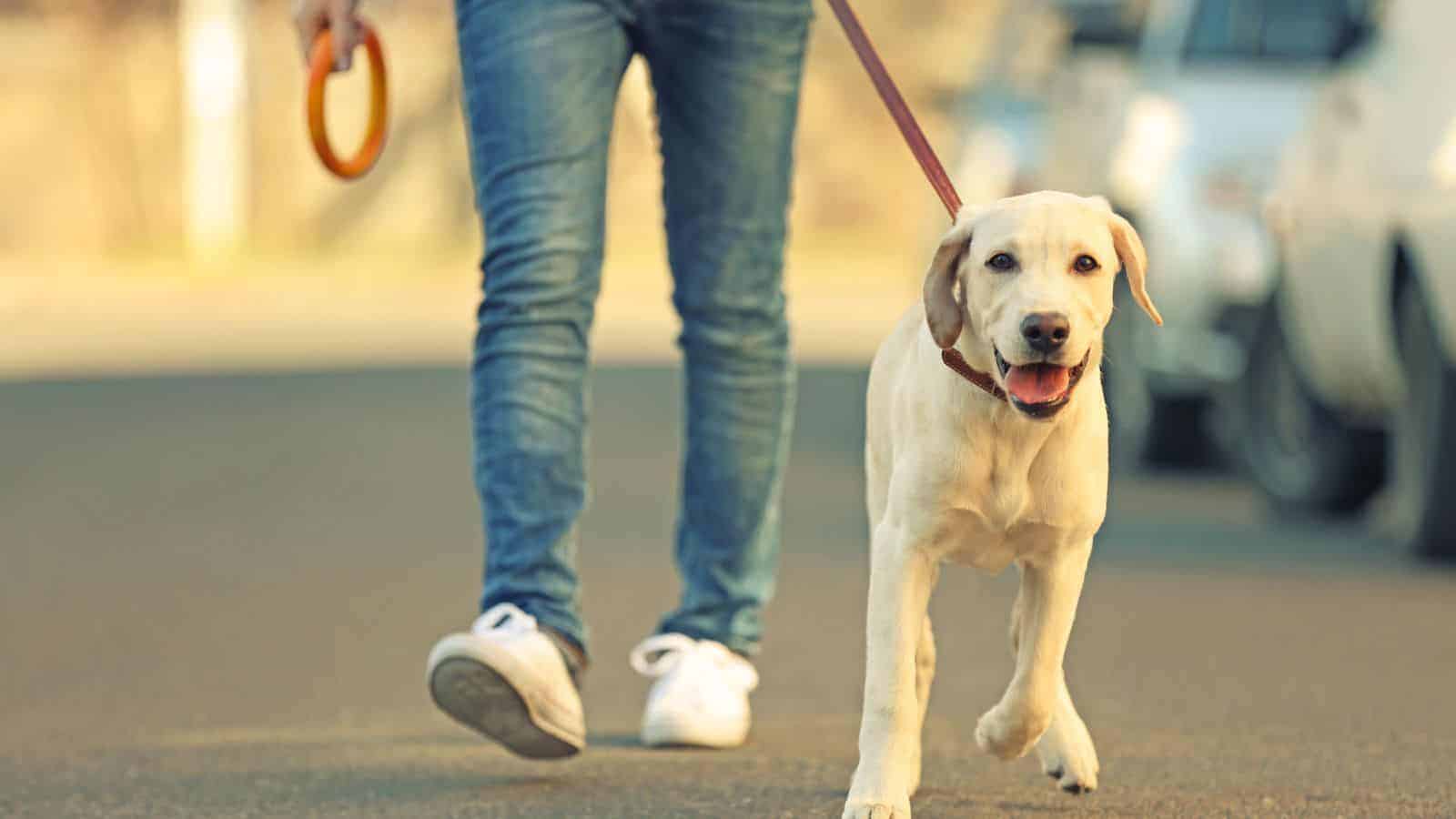
Remember that your pooch doesn’t have shoes as a barrier between them and the ground, so their paws are vulnerable to being burned on pavements and other hot surfaces. Never walk your dog between 11 a.m. and 3 p.m. during a heatwave, and try to limit exercise to early morning or evening. If your dog enjoys water, you could consider taking them to the beach or lake for a dip.
Leaving Electronics on Standby
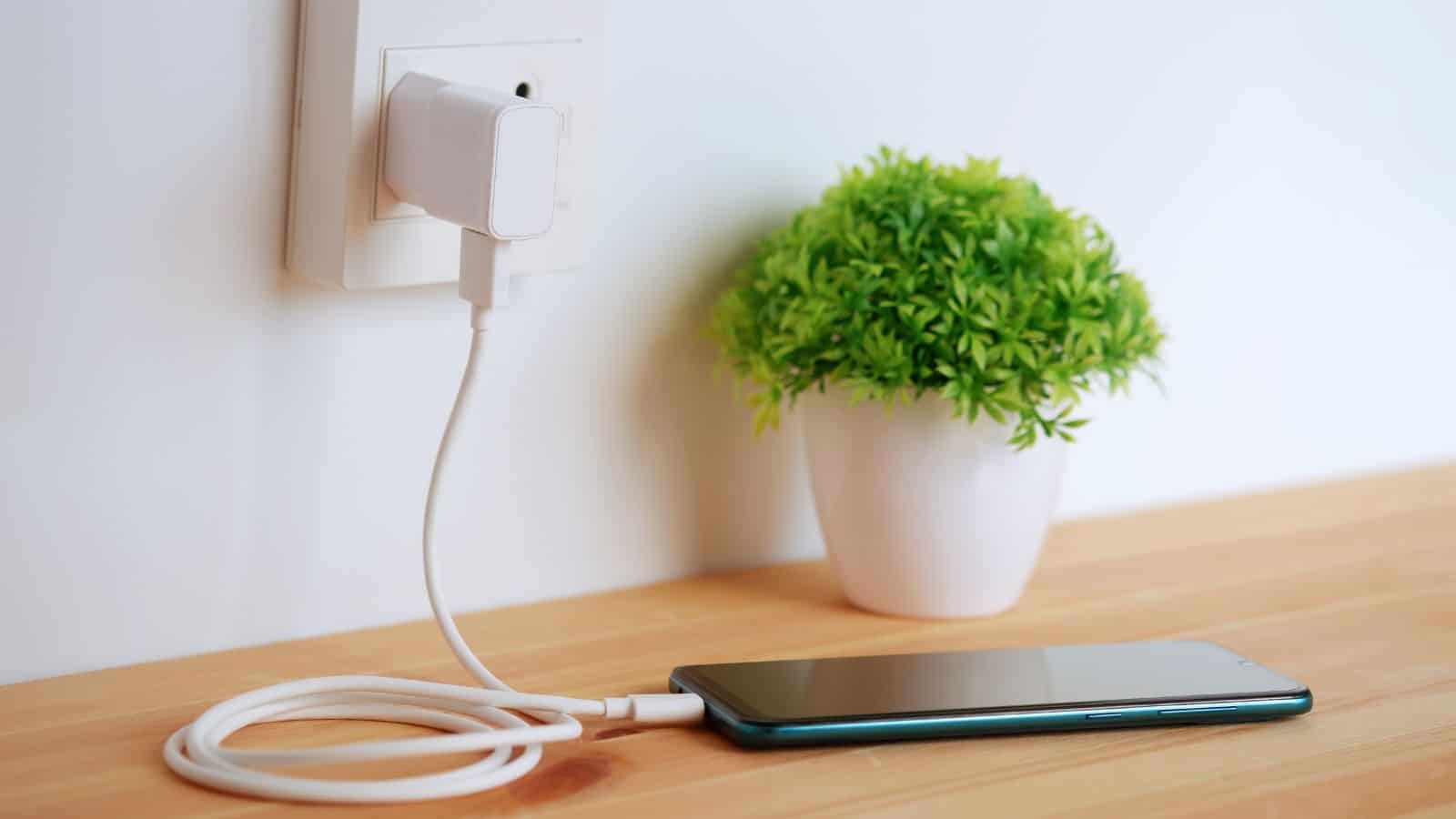
All electronics generate some heat, even when in standby mode, so it’s a good idea to unplug chargers and switch off televisions and speakers when not in use. This not only avoids unnecessary heat generation but will also help reduce your electricity bill at a time when you may be suffering from extra charges due to air conditioning units needing to be left on.
Neglecting Pets
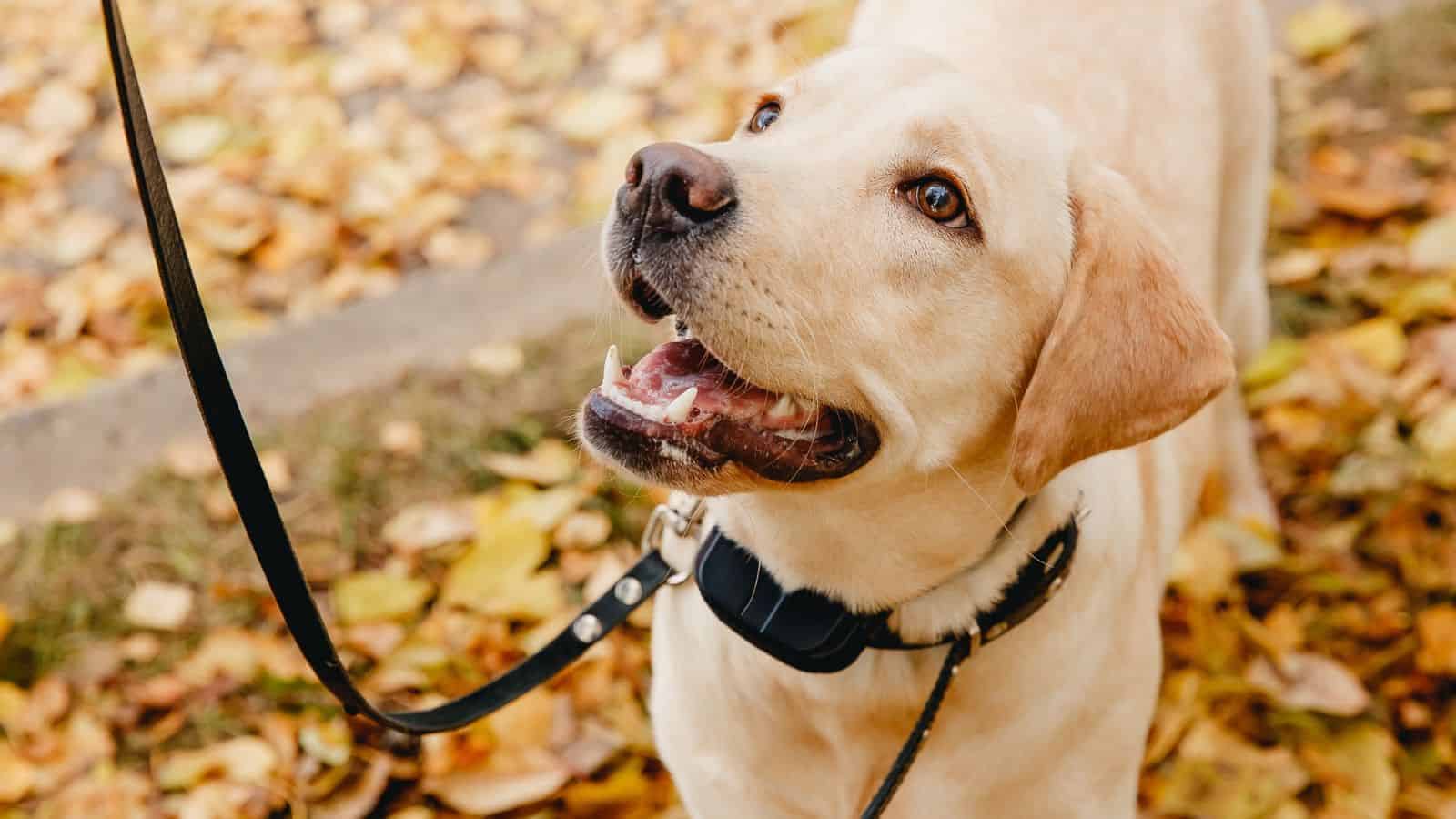
Furry pets like cats, dogs, and rodents can’t take their coats off in hot weather, so they may struggle to stay cool. Just like humans, they can suffer from heatstroke and sunburn. Cornell says, “The normal body temperature for a dog is between 100.5 and 102.5 degrees Fahrenheit. Heatstroke results when the dog cannot regulate their body temperature, and it rises to 105 degrees Fahrenheit or higher.” Always ensure that pets outside have sufficient shade and plenty of cold water—you could even consider extra measures like ice baths, cooling pads, or hydrating treats, e.g., cucumber.
Arguing or Getting Stressed

We know, we know—it’s easier said than done! But bear in mind that anger and stress have physical consequences, including an increased body temperature. Better Health warns that getting angry causes the release of the hormones cortisol and adrenaline, which raise your blood pressure and increase perspiration and heart rate. Try to stay calm and cool instead.
Consuming Excessive Alcohol

A cold beer or a chilled glass of white wine might be tempting on a hot day, but you should be aware that even small amounts of alcohol worsen heat stroke symptoms and cause dehydration. Wait until the late evening before indulging (in moderation), or switch to hydrating, non-alcoholic alternatives like diluted fruit juice, low-sugar sodas, and coconut water.
Skipping Air Conditioning Maintenance
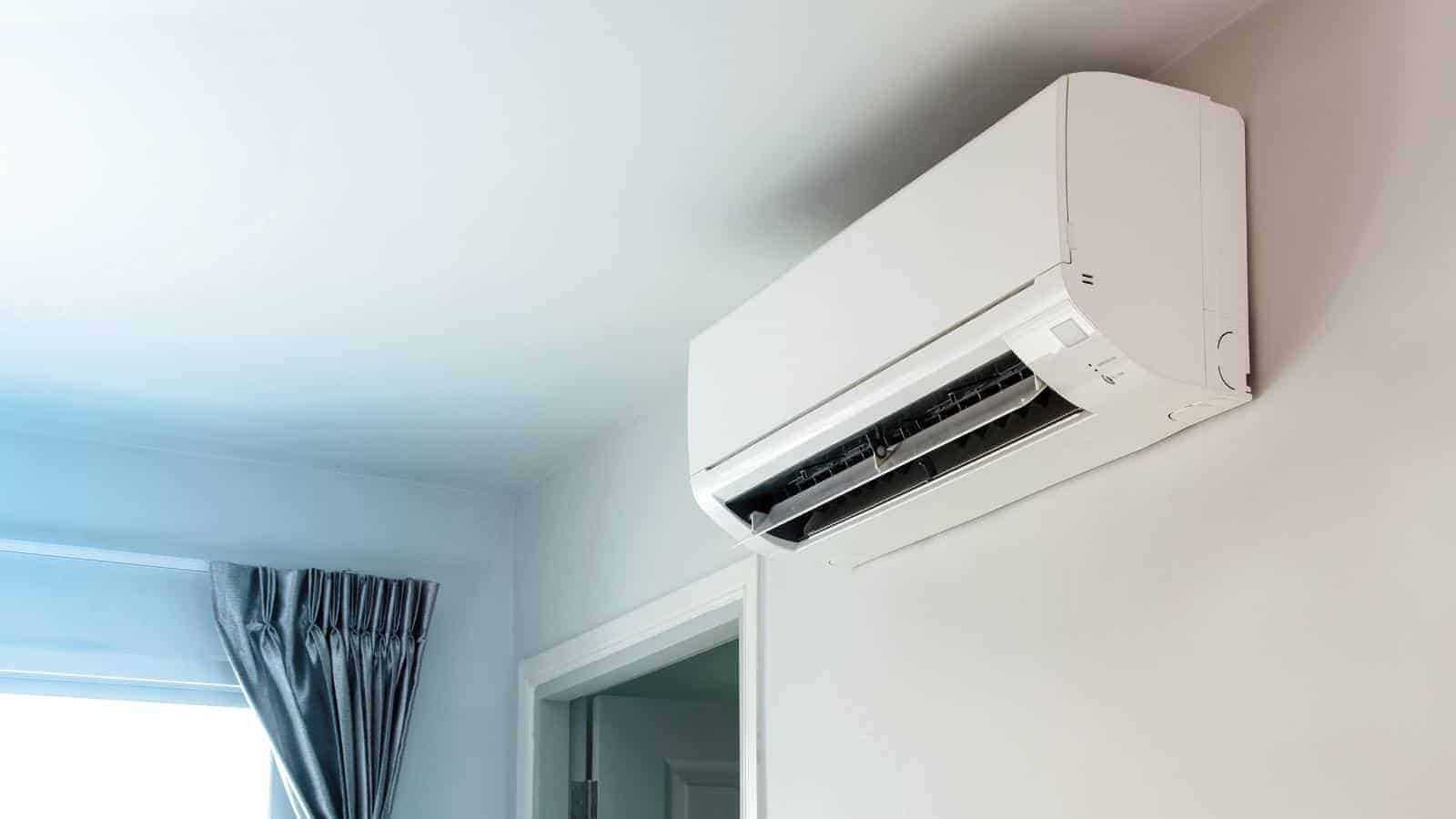
As soon as a heatwave is predicted, ensure your air conditioning units are up-to-date with their maintenance and servicing requirements. You will need reliable cooling throughout the hottest times of the year, and you don’t want to be left scrambling for repair services should your units stop working. Regular servicing will also ensure the cool air they produce is safe and clean.
Diuretics
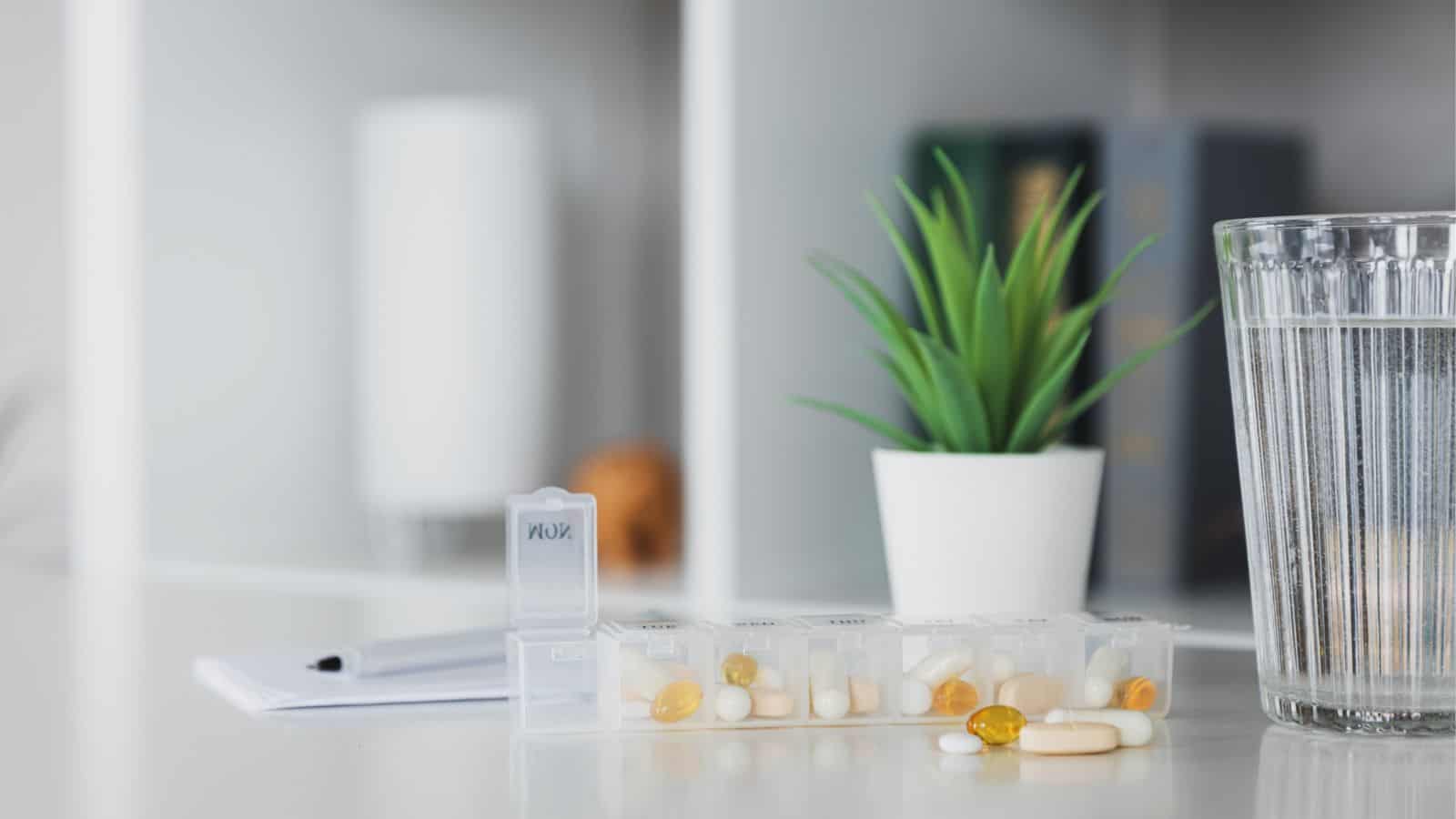
Certain medications, like diuretics used for blood pressure control, can increase urination and contribute to dehydration. If your area is due to suffer from unusually high temperatures, consult your doctor about taking any diuretic medication during the heatwave. They might recommend adjustments to your dosage or suggest alternative medications during very hot weather.
Ignoring Water Bans

Local authorities sometimes ban non-essential water usage whenever they predict that drought may result in insufficient water for all residents of an area. Don’t wash your car or patio or use a hose to water your garden if these activities have been banned during a heatwave. It’s not only selfish but could result in a fine should you get discovered.
Up Next: 17 Things Most People Forget After Someone Dies
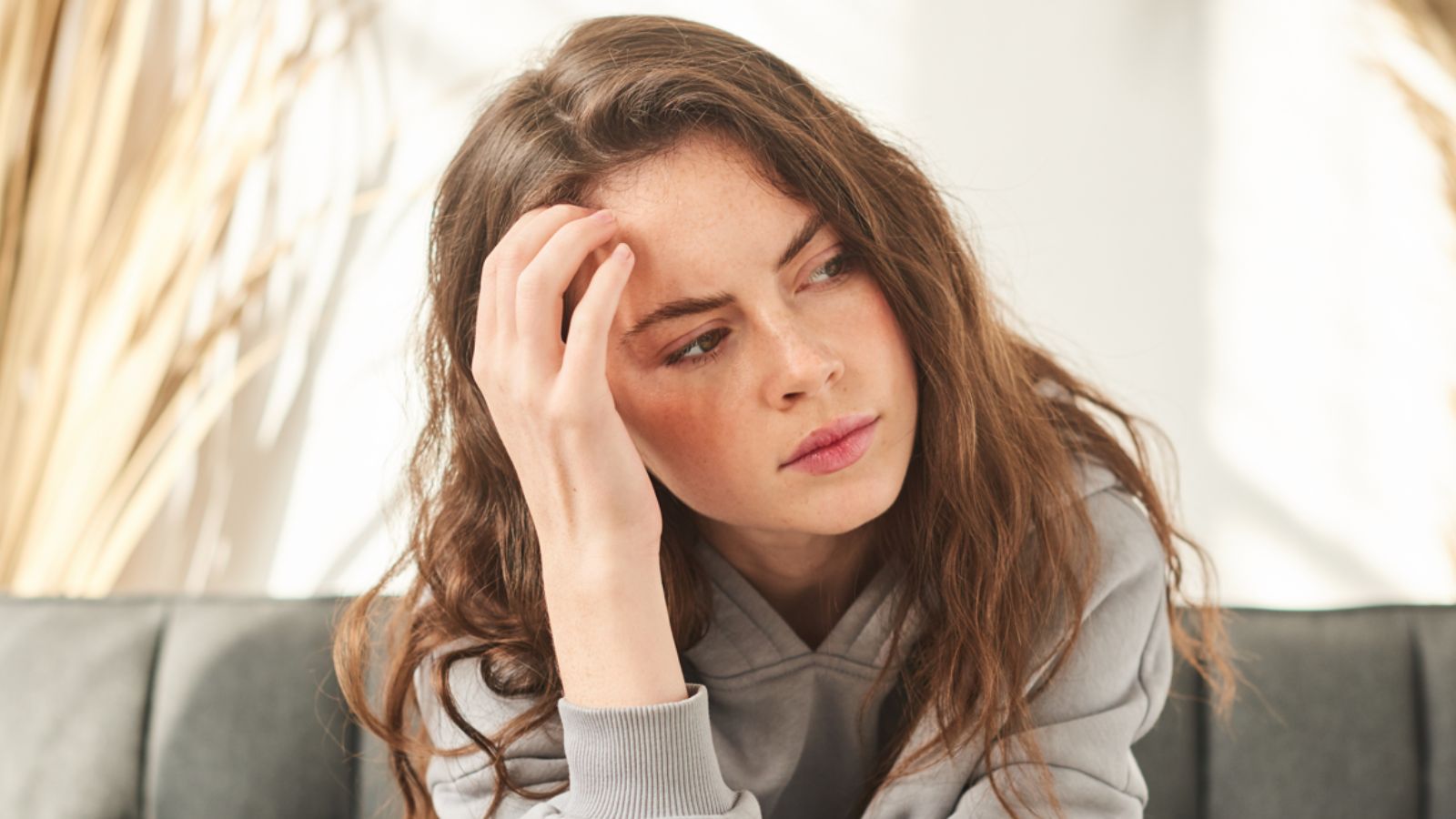
When a person dies, it’s easy for their partner or family members to overlook things while they process shock and grief. Despite the pain of losing a loved family member, it’s important to remember to organize these 17 things to prevent problems later on.
17 Things Most People Forget After Someone Dies
17 Phrases Confident People Use to Stand Up For Themselves

Confidence is a healthy and attractive trait that helps us stand firm in our values and set healthy boundaries. We can always become more confident, and learning the right ways to stand up for yourself is a great way to start. Here are 17 phrases you can use to do so.
17 Phrases Confident People Use to Stand Up For Themselves
20 Signs Someone Is Only Pretending to Care

Whether it’s to avoid hurting your feelings or if it’s part of a more elaborate plan to deceive you for benefits, people pretend for many reasons. The main theme with them, though, is that their actions never match the sugar-coated words that come out of their mouths. So that you don’t fall for someone like this, we’ve compiled 20 signs for you to look out for.
